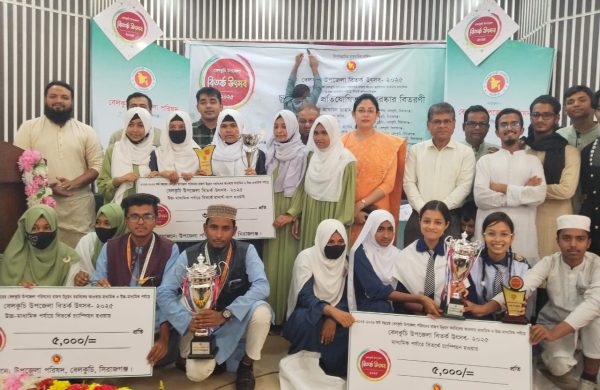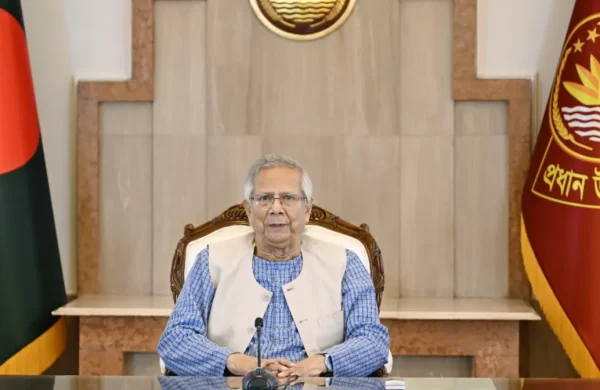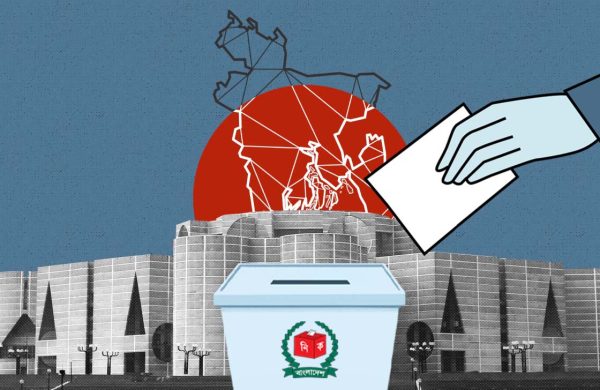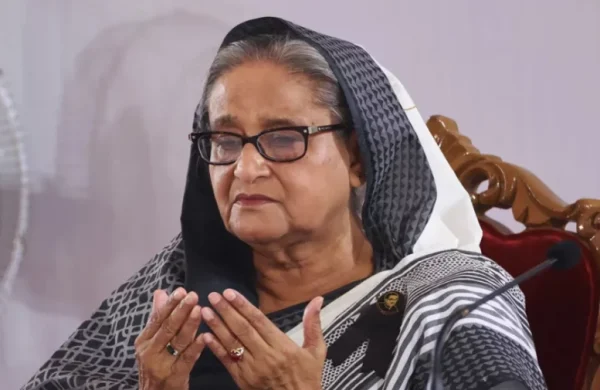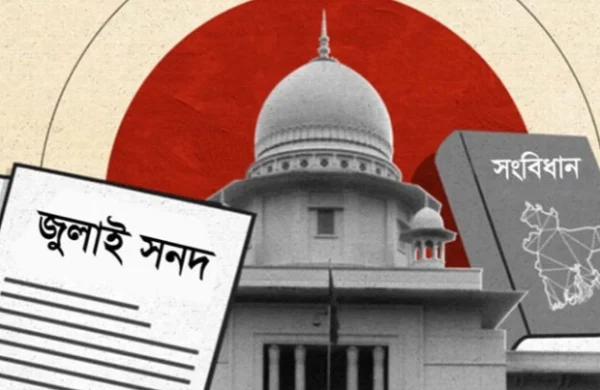Purchasing of sacrificial animals thru’ online platform stressed
- Update Time : Saturday, July 10, 2021

As the rate of sacrificial animals’ selling and purchasing through online increases, the risk of COVID-19 infection will be reduced
Staff Correspondent:
Speakers at an online discussion stressed the need for making the digital platforms for selling and purchasing of sacrificial animals easy, secure and popular ahead of Eid-ul-Azha to avert corona infections.
Those, who have the scope, should purchase the sacrificial animals through online platform or by booking at the farm. The selling and purchasing of suitable sacrificial animals should be encouraged through online markets during the corona pandemic. As the rate of sacrificial animals’ selling and purchasing through online increases, the risk of COVID-19 infections will be reduced, they said.
Speakers came up with the remarks, while addressing an online discussion meeting titled “Sacrifice Management like Mecca-Medina-style” jointly organized by Paribesh Bachao Andolon (POBA) and Sadakah Foundation USA recently.
The meeting was chaired by POBA Chairman Abu Naser Khan and conducted by the Green Force Coordinator Mesbah Sumon.
Lelin Chowdhury, Professor of Islamic Studies at Jagannath University, Muhammad Shahidullah, Director of Sadaqah Foundation USA, Hafizur Rahman Moyna, Joint General Secretary of POBA, MA Wahed Russell, Secretary of POBA and Prof. Ahmed Abul Kalam among others spoke on the occasion.
The speakers said, the number of sacrificial animals may be increased across the country this time compared to the last year. As per the government statistics, it is expected that about 1,19,17,085 cattle will be sacrificed this year. In this process, some issues must be ensured. Of them, animal selection, transportation, keeping the animals in a clean and hygiene environment till the time of sacrifice and cleaning of the slaughtering place shortly after sacrifice the animals must be ensured.
Local administrations including city corporations’ authorities need to plan in advance for sacrificial management in accordance with health regulations.
Everyone has to show responsibility for proper hygiene. Initiatives including necessary steps to avoid infection should be taken to raise awareness among the people. Animal transport management needs to be facilitated. In order to coordinate the process of procurement, slaughtering and distribution of meat, all have to move step by step towards gradually building the sacrificial management in the style of the holy city of Mecca. This effort must be continued, they added.
The speakers further said, the coronavirus situation has taken serious turn this year compared to the last year. In any case, setting up of hats in populated areas should not be allowed. Buyers, sellers and all those involved in the management of cattle market should take strict precaution to avoid infection. People should avoid going to the market together to buy animals. Animal sacrifice management must be ensured in compliance with health regulations outside the city.
The method and ideology of animal sacrifice should be highlighted according to Islam and it should be propagated largely.
It would be better to complete the sacrificial work in a remote place or open space fixed by the City Corporation to protect the health of the city dwellers. If the sacrifice is given in an open place, the risk of corona infection will increase a lot. At the time of corona pandemic, people should avoid going to their relatives’ houses for taking meat or distributing meat among the poor. The work should be done avoiding crowds and public gatherings as much as possible, they suggested.
The Ministry of Fisheries and Livestock, and Animal Resources now needs to publicize the Sacrifice Management Plan. Proper storage of cow waste or sacrificial waste can be used to make organic manure and bring benefits.
After the sacrifice, several families of the same building or area can take initiative to manage the waste of an area or society.
For example, people can take initiative to remove the waste together in which the waste is removed immediately after sacrificing of animals. This speeds up the removal of waste and does not fall much negative impact on the environment. The dung and remains of slaughtered animals should not be left open, but should be packed in bags and placed in a designated place such as a nearby dustbin or container.
If it is done, the responsible authorities can easily remove the waste from there.
The speakers said, the way in which beautiful and fair sacrifices are managed in a short time at low-cost through slaughtering houses in Mecca can be followed in our country as well. If sacrifice and waste management are developed in the style of Mecca, it is possible to remove waste easily. For this, the government can know the details of the Mecca-Medina model and organize a massive campaign to suit our country. From the discussion, the speakers also placed some recommendations to the authorities concerned demanding immediate action.








